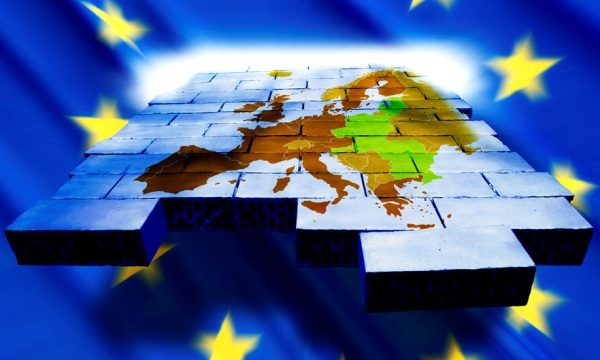
Once the formation of the new Government of Spain has been confirmed, from AYCE Laborytax we wanted to review the main tax developments by 2020 that will affect freelancers and SMEs throughout this exercise that has just begun.
Among the tax developments shown below are some that have already been approved throughout 2019, but which take effect from 1 January 2020,while others have been imposed by European regulations.
So, if you are a self-employed or have an SME, take note and discover the main tax news for 2020 that you should knowabout.
You are interested in:
Top tax news for 2020 that you need to watch out for
1 – Changes in the ledgers of the self-employed
From 1 January 2020 onwards, self-employed persons under IRPF for simplified direct estimation will have to add the counterparty’s tax identification number(NIF)to any transaction. It applies to both sales and revenue posting books, as well as purchase and expense books.
This tax novelty does not affect self-employed persons who manage their accounts under the Trade Code.
2 – Operations with the United Kingdom after the‘Brexit’
The uk’s exit from the European Union on 31 January 2020 obliges self-employed persons and SMEs marketing with the country to apply for the EORI (Economic Operator Identification Number), applying for the tax system reserved for non-EU countries. That is, transactions carried out with British companies or professionals will be non-EU (VAT-exempt) in nature and would become imports or exports.

3 – Appearance of the VAT draft
Another of the most important tax developments for 2020 is the emergence of the draft VAT for freelancers and SMEs,which is one of the new measures of the new Strategic Plan of the Tax Agency.
The draft VAT will be very similar to the current draft IRPF,and will have the same objective: to avoid errors and facilitate their presentation.
The first draft VAT will be sent throughout February 2020 to beneficiaries, who must be eligible for the Immediate Information Supply system and have a turnover of less than EUR 6 million.
You are interested in:
Pilot project for draft VAT and referral of tax data in companies.
4 – Integrated Digital Assistance Administrations (ADDs)
It is also worth noting the arrival of integrated digital assistance administrations (ADEs), which will be centres dedicated to the care and assistance of the taxpayer electronically or by telephone, with the aim of providing better assistance and promoting prevention.
ADUs will involve the increased specialization of officials,who will be better able to resolve taxpayers’ doubts in a more comfortable and effective way, without having to move to a physical office.
The ADI pilot will be carried out in Valencia during the month of October 2020,and will at first be mainly focused on VAT.

5 – Increased tax burden
Another novelty to consider will be the increase in fiscal pressure during 2020,from 39.3% to 39.6% of GDP,which means that it has reached its all-time high.
Discounting property and other income, the tax burden will rise from 35.8% to 36.1% of GDP throughout 2020, meaning that freelancers and businesses will have to pay more than 3 billion euros in tax.
6 – Selection of fiscal risks and strategic indicators
Within the Tax Control Finance Plan,a system of selection of tax risks to different taxes appears,such as the one that already exists for VAT and large assets. At this point, it is envisaged that tools will be introduced to facilitate risk analysis, detection and selection.
The plan establishes a total of 7 indicatorsthat will measure the contribution of the Tax Agency, to improve the tax compliance of the taxpayer, to improve prevention, assistance and control.

conclusion
These are the main tax developments of the Treasury for this 2020 that will affect freelancers and SMEs, and that therefore must be known to avoid mistakes, and also to benefit from them.








